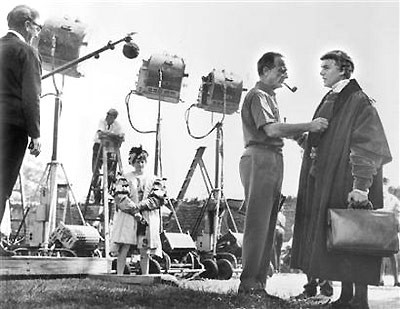A few days after my dream, I started praying about daily matters and was interrupted.
Stop. You’re just rambling, not thinking. If this were our last conversation and you could know only one thing, what would it be?
I thought, what is it that affects me most personally? “Lord, is there life after death and, if so, what is it like?”
You flunk. You have asked Me a question I have already told you the answer to.
“But not what life after death is like.”
The dream I sent you told you that. You got a glimpse of life after death.
There is a second reason you flunk. Your motive is honest but wrong. You ask only what concerns you. Ask out of desire, and fear of not getting what you desire, and should ask in terms of the good of life, of all life, and of what I want for you, not in terms of what you want for yourself. You should seek understanding.
I tried to step back to see what question my “soul” would ask. “How can I merge with You? I’m not sure if that’s the best way to put it, Lord: be at one with You, at rest with You, at one with Your will?”
The question is adequately formulated. The goal—one way to describe the goal—is to be at one with God, the God of All. At bottom, the Soul’s will is the will of God. The Soul is at one with God. The Atman language is a bit off target, a bit misleading.
Hindus believe that the Atman or Soul is identical with the Brahman, the ultimate divine reality.
It is not that you and I are literally the same substance, the same particular. It is that we are “at one,” in perfect harmony, and not accidentally so.
It is in the nature of what the Soul is, that it is at one with God. Remember that these metaphysical (philosophical) categories are crude and inadequate in the first place.
Back to your question: how can you become at one with God? Of course, the answer is that you already are—your Soul, that is. The task is to come to realize that this is so, to realize it not merely in theory, but in intuitive, felt understanding, in your emotions and feelings, and in practice.
“That’s the goal, Lord? It sounds simple. The one-ness is already ‘inside.’ All we have to do is to bring our conscious selves along?”
That is right. It is the simplest thing in the world.
And everyone, at some level and at some moments, knows it, at least glimpses it. But it is very difficult to actualize in practice. The empirical world—the world of desires and the senses—seems so real and is so powerful that is extremely difficult to redirect one’s energy.
And the empirical world is real, in its own way. This is not Christian Science. The world is not an illusion, a mirage.
If it is a mirage, it is one from which you can drink water. No, you must respect the empirical world while at the same time emancipating yourself from it, not letting yourself be identical with your interests in this world.
God: An Autobiography, As Told to a Philosopher – is the true story of a philosopher’s conversations with God. Dr. Jerry L. Martin, a lifelong agnostic. Dr. Martin served as head of the National Endowment for the Humanities and the University of Colorado philosophy department, is the founding chairman of the Theology Without Walls group at AAR, and editor of Theology Without Walls: The Transreligious Imperative. Dr. Martin’s work has prepared him to become a serious reporter of God’s narrative, experiences, evolution, and autobiography. In addition to scholarly publications, Dr. Martin has testified before Congress on educational policy. He has appeared on “World News Tonight,” and other television news programs.
________
Listen to this on God: An Autobiography, The Podcast– the dramatic adaptation and continuing discussion of the book God: An Autobiography, As Told To A Philosopher by Jerry L. Martin.
He was a lifelong agnostic, but one day he had an occasion to pray. To his vast surprise, God answered- in words. Being a philosopher, he had a lot of questions, and God had a lot to tell him.









